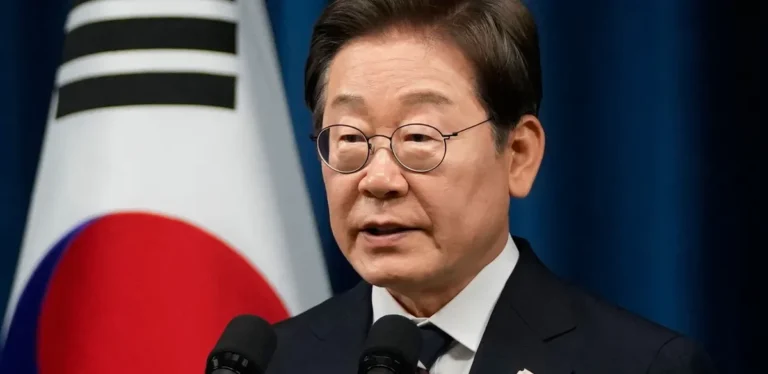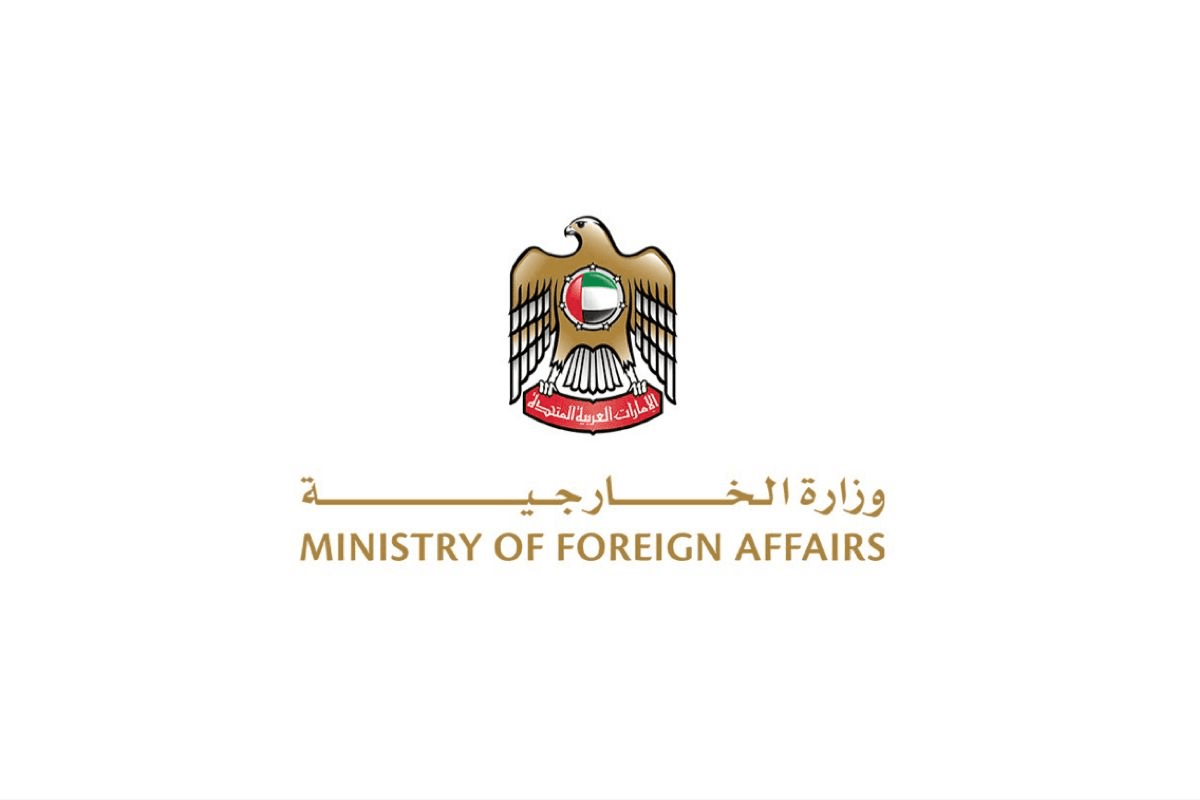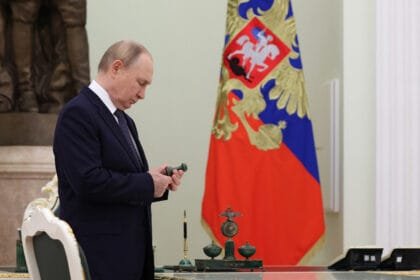Cairo, Egypt – In a speech described as strategic, South Korean President Lee Jae-myung announced a new phase of joint defense command with the United States. This phase is based on regaining full control over military operations in coordination with the American ally. Its purpose is to confront what he described as “the increasingly serious threats from North Korea.”
During his speech marking the 77th anniversary of the founding of the armed forces, the president added, “The strong combined defense capabilities of Seoul and Washington will serve as a pillar for ensuring peace and stability on the Korean Peninsula. They will also contribute to enhancing the security and prosperity of the region.”
These statements come at a time when Pyongyang is escalating its missile and nuclear programs. There is growing regional and international concern. North Korea has recently conducted repeated missile tests. This has prompted the United States, Japan, and South Korea to intensify their joint military exercises. These exercises affirm the cohesion of their trilateral alliance.
Observers point out that Seoul’s resumption of command over its wartime military operations represents a major shift in its security history. Since the Korean War (1950-1953), military command had been under the United Nations Command, led by Washington. It was transferred in 1978 to the Korea-US Combined Command. Although Seoul has regained control over peacetime operations since 1994, today’s announcement opens the door to greater autonomy. This is all while maintaining the steadfast defense alliance with Washington.
Experts emphasize that this move is not simply a military matter. Rather, it carries clear political messages to Pyongyang and the entire region. South Korea seeks to be a major player in shaping the regional security equation. This is done in parallel with its commitment to its strategic alliance with the United States.

















